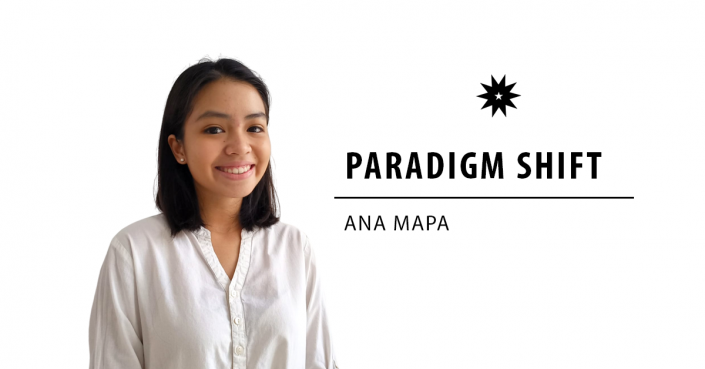We only have 36 days left until the entire country takes up the yoke of choosing our nation’s leaders once more. All over the Philippines, and abroad, millions of voices shout their battle cries to support their chosen candidates. It’s a sound that brings a tear—or more—to one’s eye.
Brought together by their personal reasons for support but united by one strong beacon of hope, Filipinos young and old have taken this opportunity to speak out. Their voices fill the streets, the stadiums, and even the online world.

And as I was scrolling through my news feed, I came across a post that made me do a double-take. The caption on it bore the phrase “my activist era”. In the same way that celebrities have their own eras to mark their ever-changing styles, genres, and even flops, this person was in their self-proclaimed “activist era”.
It felt weird seeing a statement like that, and I suddenly wondered why I felt that way. Questions began brewing in my head—questions such as, “What is an activist?” and “What makes one an activist anyway?”
By popular definition, an activist is “a person who uses or supports strong actions (such as public protests) in support of or opposition to one side of a controversial issue.” There really isn’t a measurement for these experiences or supported causes that one needs to have in order to become an activist—simply because the word “activist” isn’t a mark of nobility or peasantry, it’s a mark of a fighter.
To nip the argument on gatekeeping the word “activist” in the bud, I don’t see how calling oneself an activist is a crime as it truly isn’t. But before one throws the word around like flyers at a rally, there’s a dark reality that comes with the notion of being vocal about one’s beliefs.
For the longest time, and even while you’re reading this, activists in the Philippines have continuously been red-tagged, threatened, and punished by the government or those in power. If we look back on the history of the Philippines, anyone who was against the stalwarts was destined to suffer, especially if they were vocal about it. When Jose Rizal dissented from the Spanish colonizers, he was executed. When journalists wrote against the dictator Ferdinand Marcos Jr., they were imprisoned, tortured, and killed. When the activists of today voiced out their anger with the government, they were threatened with being labeled as terrorists. Some were also slain.
One needs to look no further than the recent killing of Chad Booc and Gelejurain Ngujo II, volunteer teachers for Lumad communities, who were slain in an alleged clash with the Army. Along with their companions, their lives were taken after being claimed to be members of the New People’s Army.
This fear of being red-tagged and harmed based on accusations hits even closer to home for me. Zara Alvarez, a social activist and human rights advocate, was slain just minutes away from my home last August 2020. Up until now, many of my colleagues in different advocacy groups still fear that they’d meet the same fate as her.
Seeing their faces plastered alongside death threats by Army officers, hearing about people going to their homes and looking for them, and watching them go head-on against stubborn police officers are just some of the real experiences activists go through. For many years, calling someone an “activist” was met with sneers and warnings that it was basically a death wish. But somehow, things seem to be slowly changing.
Am I mad that people are harkening to their activist era these days? Honestly, no. With everything that’s been happening in the world and in our country, I don’t see why people should stop each other from speaking out anymore. We are at a pivotal moment in history where our voices—and our votes—matter more than ever. It’s like the very last chant we can scream at the top of our lungs before we’re finally heard, or before we’ll be silenced for six more years.
So, to all those entering their “activist era” this summer, all I ask is one small favor: don’t let it end here. Continue to go beyond sharing those posts online and attending those rallies. Find a cause you’re passionate about and continue to educate yourself and others about it. Don’t be shy to join communities of advocates, because they’re more than ready to thrust a paintbrush into your hands and have you write your own statements on the placards for the next rally.
This is not a moment, it’s a movement. Now that you’ve found your courage, persuade others to try and find theirs, too. Now that you’ve found your voice, it’s time to lend that and amplify the cries of the voiceless.
But more importantly, you’ve had your first taste of real freedom; now, it’s time to fight for the freedom of others.
